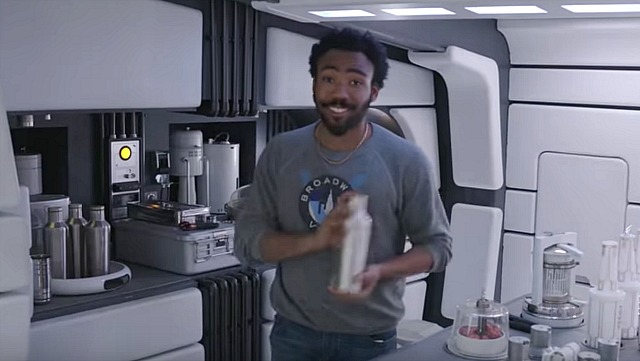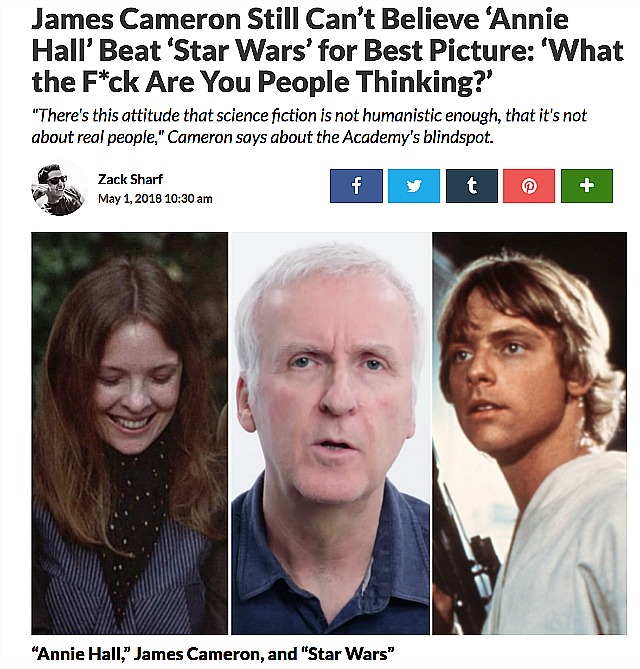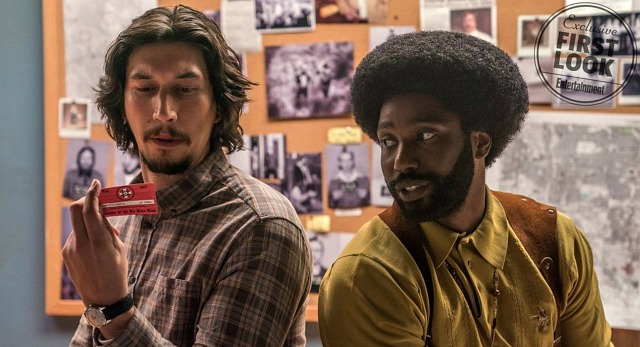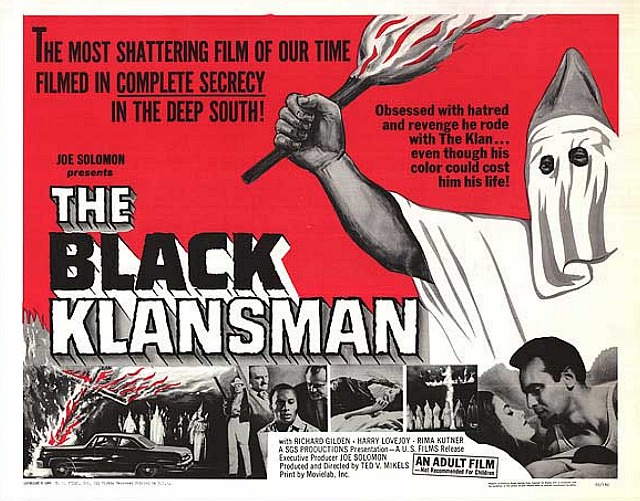UCLA film professor Howard Suber gives great commentary — sage, smooth, learned, insightful. (Here are a few HE posts about the guy.) Roughly 30 years ago I was especially taken with a commentary track he recorded for a Criterion laser disc of High Noon. Suber persuaded me that this 1952 allegorical western, directed by Fred Zinneman and ghost-written by CarlForeman, was more than just a good sit or a striking reflection of Hollywood cowardice in the face of anti-Communist fervor, but one of the all-time greats.
Last night Suber announced that his High Noon commentary is now accessible (along with the film itself) on the Criterion Channel via Filmstruck. Never before offered on Bluray or DVD, and definitely worth it…trust me.
Once again, HE’s 7.27.09 High Noon vs. Rio Bravo comparison piece:
Talk to any impassioned, ahead-of-the-curve film snob about classic westerns, and he/she will probably tell you that Howard Hawks‘ Rio Bravo (1959) is a much better, more substantial film than Fred Zinneman‘s High Noon (1952). More deeply felt, they’ll say. Better shoot-em-up swagger, tastier performances, more likable, more old-west iconic. Many people I know feel this way. And now here‘s director Peter Bogdanovich saying it again in a New York Observer piece — Rio Bravo is even better than you thought, High Noon doesn’t hold up as well, etc.
Something snapped when I read Peter’s article this afternoon. Goddamn it, the Rio Bravo cult has gone on long enough. Bogdanovich calls it “a life-affirming, raucous, profound masterpiece” I’m going to respond politely and call that a reach. I admire Hawks’ movies and the whole Hawks ethos as much as the next guy, but it’s time to end this crap here and now.
High Noon may seem a bit stodgy or conventional to some and perhaps not as excitingly cinematic to the elites, but it’s a far greater film than Rio Bravo.
It’s not about the Old West, obviously — it’s a metaphor about the Hollywood climate of the early ’50s — but it walks and talks like a western, and is angry, blunt, honed and unequivocal to that end. It’s about the very worst in people, and the best in a single, anxious, far-from-perfect man. I’m speaking of screenwriter-producer Carl Foreman, who was being eyeballed by the Hollywood right for alleged Communist ties when he wrote it, and receiving a very tough lesson in human nature in the process. He wound up writing a crap-free movie that talks tough, cuts no slack and speaks with a single voice.





